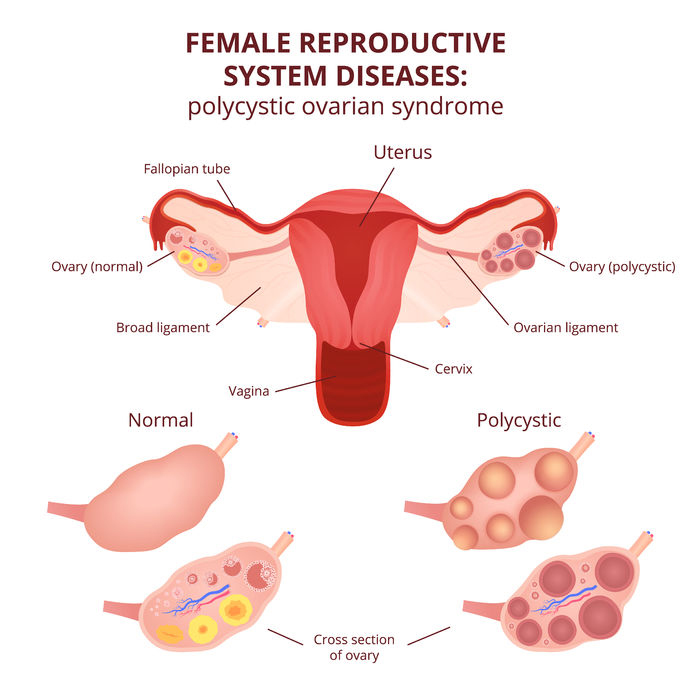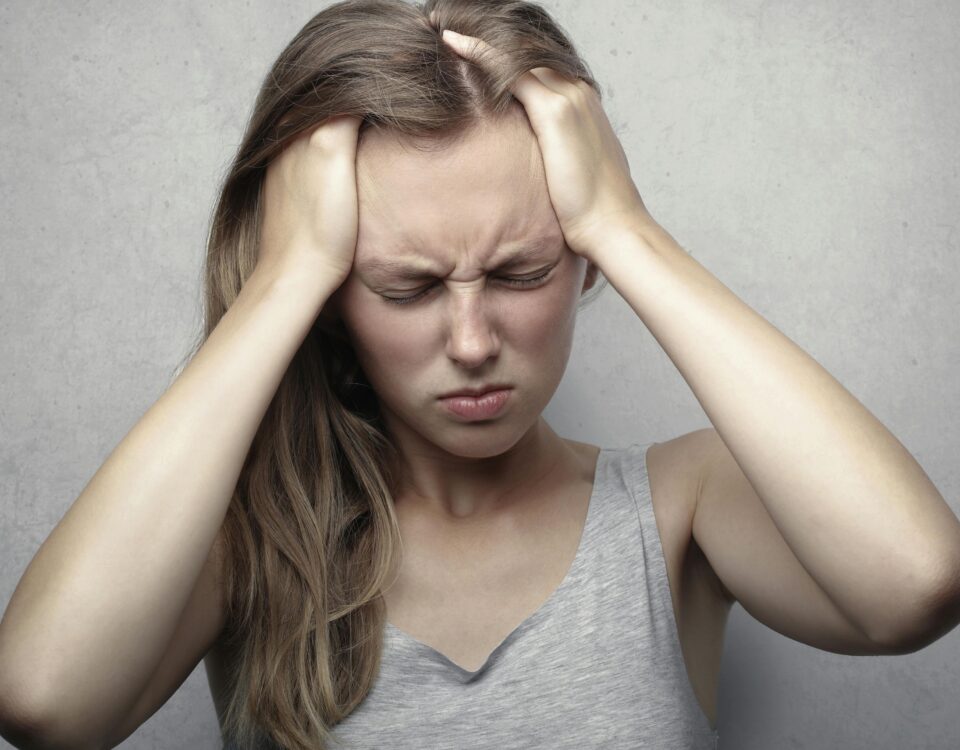Is Acupuncture an effective modality for treatment of Migraine headache? Research has shown promising results.

Acupuncture and Herbs for PCOS
April 28, 2020
Natural treatment for Insulin resistance in patients with PCOS
July 13, 2020Migraine headache is a type of a headache that tends to reoccur and cause moderate to severe pain, migraine headache pain is described as pulsating, throbbing, and one sides, these headaches are worsen by physical activity, light and sound, the attacks usually lasts from hours to days. Migraine headaches have various triggers such as stress, sleep disturbances, hormonal changes, caffeine and alcohol consumption, diet, dehydration, light, and smell.
According to the national headache foundation, approximately 12% of adults in US suffer from migraine headaches, women are three times more likely than men to experience migraine headache. Migraine headache has some genetic component, about 4/5 people who suffer from migraines have familial history.
The headaches are due to abnormal activation of specific nerve cells of the blood vessels which causes the release of prostaglandins, serotonin and other substances that causes swelling of the blood vessels resulting in pain.
Symptoms of migraine headache include:
Pain: Pain is described as a pounding or throbbing. It can begin as a dull ache that develops into throbbing pain
Sensitivity to light, noise and odors.
Nausea and vomiting, stomach upset, abdominal pain.
Loss of appetite.
Feeling very warm (sweating) or cold (chills).
Pale color (pallor).
Feeling tired.
Dizziness.
Blurred vision.
Tender scalp.
Diarrhea (rare).
Fever (rare).
Some patients with migraine headaches suffer from a “warning” signal called aura which can occur before and at times during and after the attacks. Aura can last between 15 to 60 min and about 15-20% of people with migraine suffer from aura, the symptoms include:
- Bright flashing dots or lights.
- Blind spots.
- Distorted vision.
- Temporary vision loss.
- Wavy or jagged lines.
Based on a systematic review of 22 clinical trials published in 2016, 59% of patient receiving regular acupuncture sessions experienced a 50% reduction in migraine headache frequency with the effect lasting up to 6 months.
Another study published in 2018 in journal of pain research used brain imaging to draw a positive correlation between acupuncture and brain metabolites, which identifies a possible mechanism for the impact of acupuncture on migraines and potentially indicates an effective way to measure the impact of acupuncture on other central nervous system (CNS) disorders.
The researchers in the study, which was conducted in Beijing, used proton magnetic resonance spectroscopy imaging (MRSI) to look at the levels of brain metabolites in regions of the brain associated with pain after five days of acupuncture treatments in patients suffering from migraines. The design of the study was interesting—45 subjects participated in the study and were broken into three groups: patients suffering from migraine without aura, patients suffering from cervicogenic headache, and a healthy control group of patients who didn’t suffer from headache. However, the cervicogenic group also acted as a type of control or “reference condition” by receiving acupuncture treatment for migraine—not for cervicogenic headache. The healthy control group received sham acupuncture at non-acupuncture points on the body. After five consecutive days of acupuncture treatment, the patients in the migraine without aura group reported a decrease in headache intensity. This decrease in pain level was backed up by significant increases in brain metabolite levels of N-acetylaspartate to creatine (NAA/Cr), particularly in the thalami regions of the brain—the part of the brain associated with the transmission of pain. Low levels of NAA are considered a potential contributor to the pain associated with migraines.
Research has also shown that acupuncture can help in the treatment of migraine by:
- Providing pain relief – by stimulating nerves located in muscles and other tissues, acupuncture leads to release of endorphins and other neurochumoral factors and changes the processing of pain in the brain and spinal cord (Zhao 2008, Zijlstra 2003, Pomeranz, 1987)
- Reducing inflammation – by promoting release of vascular and immunomodulatory factors (Kim 2008, Kavoussi 2007, Zijlstra 2003).
- Reducing the degree of cortical spreading depression (an electrical wave in the brain associated with migraine) and plasma levels of calcitonin gene-related peptide and substance P (both implicated in the pathophysiology of migraine) (Shi 2010).
- Modulating extracranial and intracranial blood flow (Park 2009).
- Affecting serotonin (5-hydroxytriptamine) levels in the brain (Zhong 2007). (Serotonin may be linked to the initiation of migraines; 5-HT agonists (triptans) are used against acute attacks).
At Acuwellness Center in Encino, we provide Acupuncture for treatment of migraine headaches, menstrual migraine headache and migraine headache during pregnancy.
- https://americanmigrainefoundation.org/resource-library/top-10-migraine-triggers-and-how-to-deal-with-them/
- https://my.clevelandclinic.org/health/diseases/5005-migraine-headaches
- https://www.cochranelibrary.com/cdsr/doi/10.1002/14651858.CD001218.pub3/abstract
- https://americanmigrainefoundation.org/resource-library/understanding-migraineacupuncture-and-migraine-finding-a-combination-that-sticks/
- https://www.dovepress.com/acupuncture-therapy-in-treating-migraine-results-of-a-magnetic-resonan-peer-reviewed-fulltext-article-JPR





